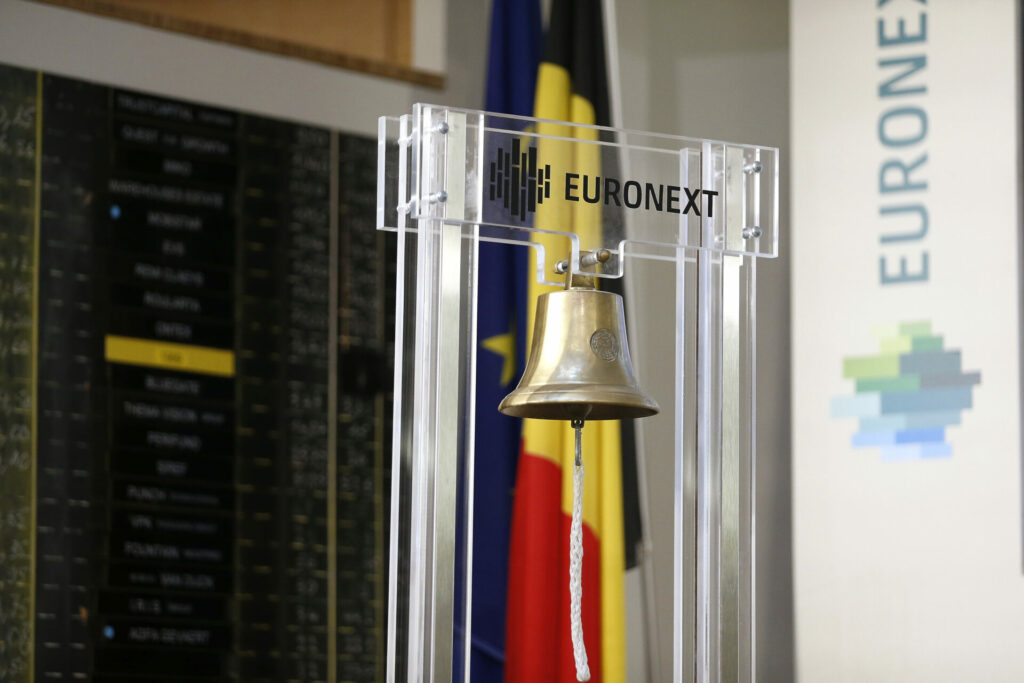The European stock market is declining while investors remain spooked over fears of a global recession that are compounded by rising inflation. Furthermore, there is no prospect of the war in Ukraine ending any time soon.
Central banks are fighting rising prices by increasing interest rates, which makes borrowing more expensive. This is designed to encourage saving. Pricey debt can influence consumer behaviour, which in turn impacts business and thereby the economy.
This turn of events made for a gloomy day on the European stock market on Thursday. The Stoxx Europe 600 index dropped by 16.52% during the first half of 2022, its worst performance since the financial crisis in 2008.
Its American counterpart, S&P 500 index, did even worse and fell by 20.57%, its worst feat in over 50 years. Similar, the American stock exchange, Nasdaq, dropped -29.51%.
Energy is the exception
The only stocks to do well on Thursday were, unsurprisingly, in the energy sector. In Europe, stocks went up +12.56%. In the lead is Norwegian Equinor with +46.07%, driven by the surge in gas prices.
Oil company stocks are also surging, as oil prices are rising from 77.78 to around $115 per barrel. Shell climbed 28.66%, BP 17.49% and TotalEnergies 12.86%.
Related News
- Belgian companies brace for ‘economic time bomb’ over energy prices
- Europe reluctantly looks to coal to get through the winter
- Those with lower incomes suffer most from inflation
Renewable energy is the one exception to the boom in the energy market. Both the Danish group Vestas Wind (-25.05%) and Siemens Gamesa (-15%) had to amend their annual targets downwards due to supply issues.
And despite the digital technologies taking over every corner of life, the technology sector, in general, has been hit hard by the economic downturn, dropping by -32.41%.
The Brussels Stock Exchange did less badly than Europe in general, with the Bel 20 falling by -14.57% in the first six months of this year, its worst figure since 2020.

